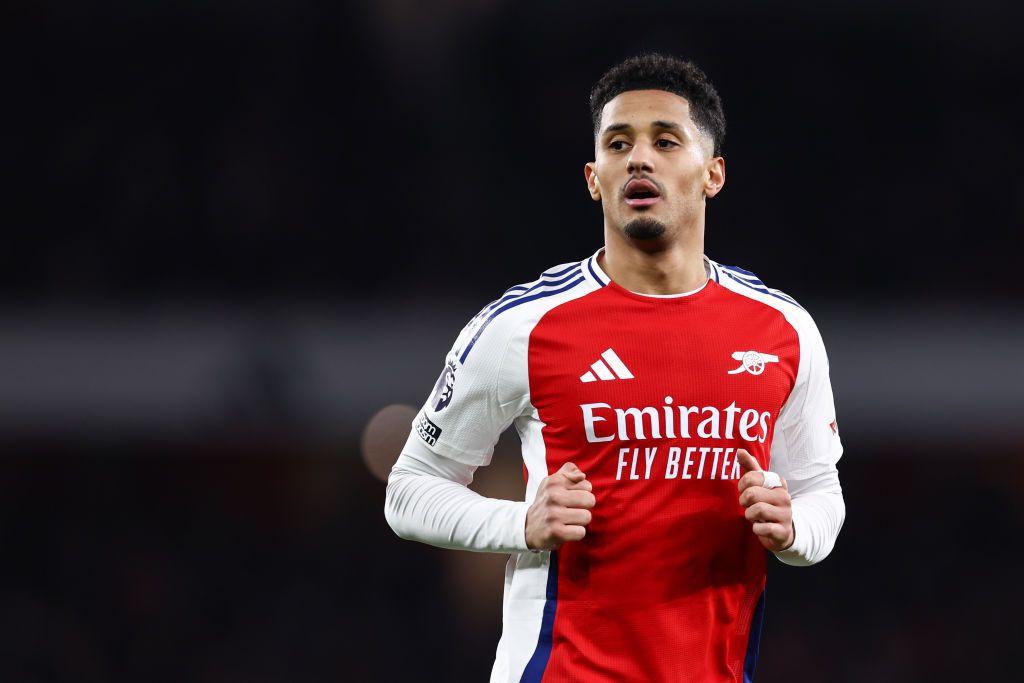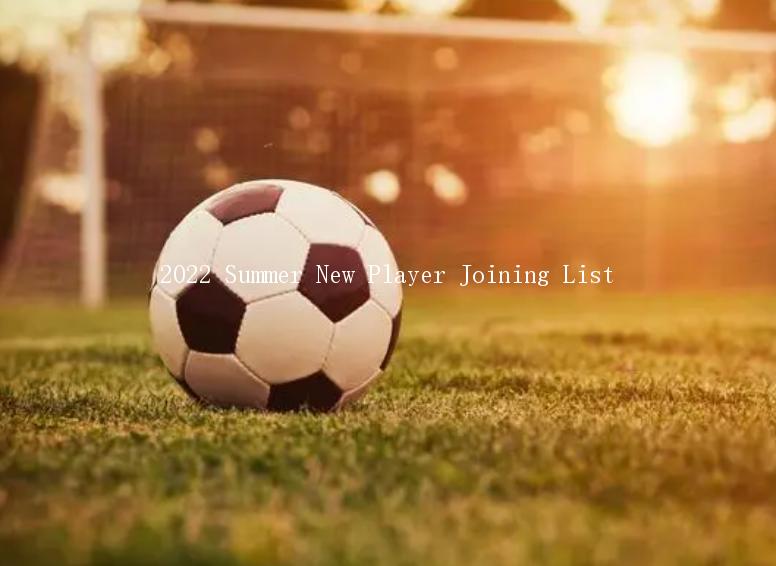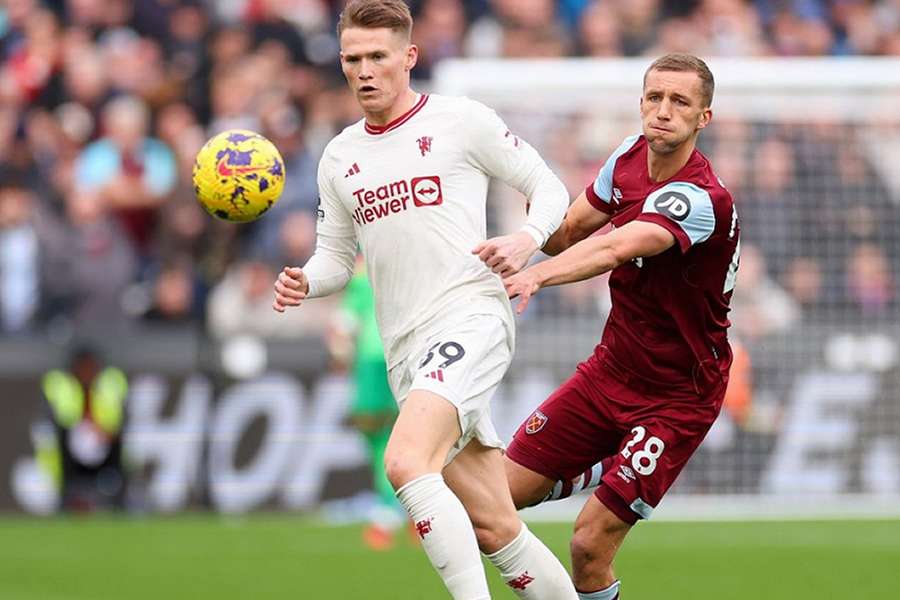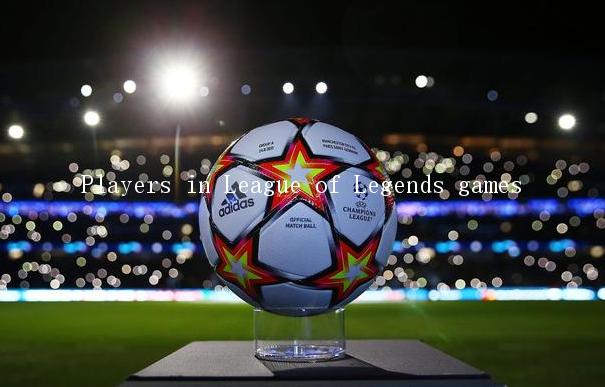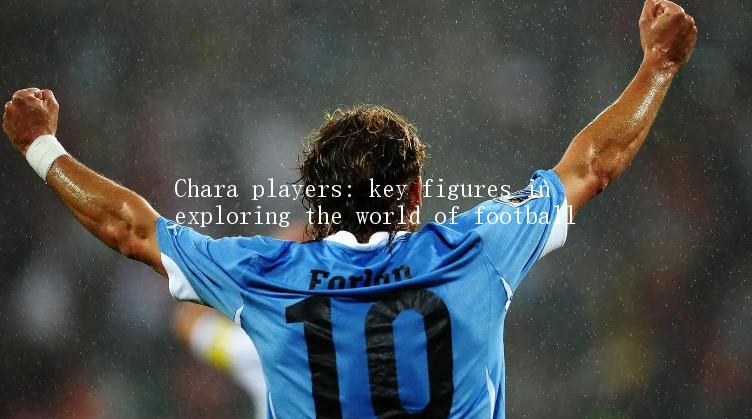Massimo Oddo exclusive: Disappointed by missed Barcelona opportunity, shocked by De Rossi's sacking at Roma, and determined to win it allXhulio Zeneli, International correspondent
After his successful playing career with AC Milan, Lazio, and Bayern Munich, the former fullback has transitioned into coaching. He has brought his wealth of experience to roles with Pescara, Udinese, and Crotone, where he continues to make a significant impact on the development of young players.
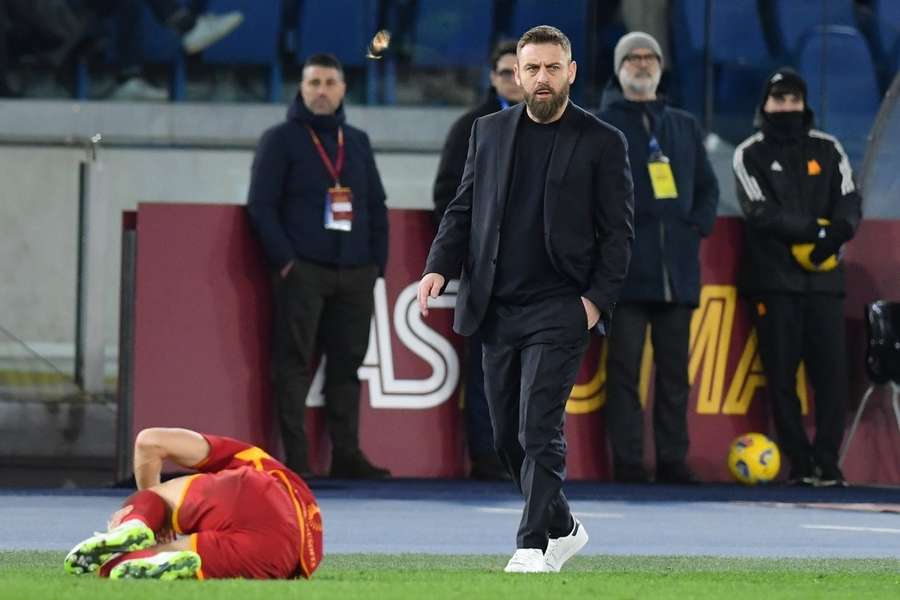 In a career which included playing for some of the giants of the game, Massimo Oddo won the lot - collecting Serie A, Champions League and World Cup winner's medals.AdvertisementAdvertisement
In a career which included playing for some of the giants of the game, Massimo Oddo won the lot - collecting Serie A, Champions League and World Cup winner's medals.AdvertisementAdvertisementAmong the heavyweights of Italian football, Oddo spoke with Tribalfootball.com last week about his career, his coaching plans and thoughts on the local game.
Massimo, you played for some of the great clubs, what were the best and most challenging experiences of your playing career?
“When time passes, you start to appreciate things more. I can say that all the teams I played for, not just the big ones but also the smaller clubs, were important to me and my career. So, for me, no one team is more important than another, though maybe from the perspective of achievements, there’s a difference.
"I’m especially attached to Lazio and Milan for different reasons. Milan, because I won everything there, and Lazio, because it was the first big team I played for, with legendary players, and I later became the team’s captain, leading them to qualify for the Champions League. So these two clubs hold a special place in my heart.”
You played for Bayern Munich - but were there ever offers from England or Spain during your career?
"First, we should acknowledge that, during my playing years, there were fewer Italians moving abroad because Serie A was the strongest league at that time. I never had the opportunity to play in the Premier League, but I had two opportunities to go to La Liga.
"Once, I almost signed for Barcelona when they instead decided to sign Dani Alves. If he hadn’t joined, I would have gone there. Another time, I came very close to joining Atletico Madrid.”
At Lazio, you shared a dressing room with Paolo di Canio. How did you find that?
“Paolo was a significant figure in our dressing room. He was deeply connected to the city, the club, and the fans. He helped us a lot, and he was a fantastic player with immense natural talent. As a pundit, he’s the same. He always speaks the truth, offering honest opinions about the team, players, and coaches.”
What about overall? Who were the best players you played with - and the most challenging you faced?
“I’ve had the privilege of playing alongside incredible talents like Kaka, Seedorf, and Ronaldinho and facing players like Messi, Iniesta, and Henry. I could go on naming players for hours because there are so many. It’s almost impossible to single out a few since all of them were exceptional.”
And what about Lazio this season? Any predictions?
“I don’t know where Lazio will end up, but they had a strong transfer window, signing talented players. They brought in a new coach, (Marco) Baroni, who did well with smaller clubs, but managing Lazio will be a bigger challenge. The team is a good mix of experienced and young players, and I believe they can have a successful season.”
What of Milan - how do you see the impact of Zlatan Ibrahimovic on the squad?
“As fans, we’re quick to criticize when things go wrong. We lack the balance needed in football—we go from excitement when things go well to heavy criticism when things aren’t. I think it’s unfair to judge after just 4-6 weeks; we need patience and should assess the results at the end of the season.”
And what about Paulo Fonseca...?
“I don’t have all the information to make a proper judgment because I’m not there to observe his work firsthand. From what I’ve seen, the team is facing some tactical difficulties, but we have to remember that Milan has changed several players. Fonseca is a good coach—he wouldn’t be in charge otherwise. I believe we need to wait and see the results before making any conclusions.”
Do you have a Scudetto tip?
“For me, it will be tough for any team to truly surprise because the strongest teams will always be there fighting for the top positions. It will likely be a battle for the title between Inter, Milan, Juve, and Napoli. If there’s a surprise, I’d say Torino might fight for a European spot next season.”
Winning the World Cup or the Champions League - which was more important for you?
“I think these are the two most important competitions in the world—the pinnacle of club and international football. It’s tough to choose, but if I had to, I’m more attached to the Champions League because I played a bigger role in winning that competition. However, being part of the group that won the World Cup was a dream come true.”
You were with Padova last season and you're coming into your tenth year in coaching. Could a move abroad interest you? Saudi Arabia, for example?
“Anything is possible. My experience has taught me not to say no to any opportunity. I would like to try coaching abroad in general, not just in Saudi Arabia. I want to experience something new and challenge myself.”
What about playing for the likes of Carlo Ancelotti and Jupp Heynckes? How has that influenced your coaching today?
“Discussing ideas is always helpful. I don’t call anyone specifically, but when we meet, we exchange ideas, which is always useful. I’ve also observed other coaches during the week. For me, it’s not about one coach influencing me — I've developed my own ideas.
"I tried to learn from each coach, including their mistakes, so I could prepare myself better and avoid repeating those errors. This goes beyond tactics; it’s also about how you deal with players and manage a squad, as coaching is a very demanding job.”
So what advice would Massimo Oddo the coach give Massimo Oddo the player?
“I was a player who worked hard until the last day of my career. So, I would tell myself to train hard every day, keep improving until the very end, and never be content or complacent.”
You won the 2006 World Cup with Daniele de Rossi. What did you make of his sacking by Roma?
“That’s why I mentioned earlier that I want to work abroad—the situation here is becoming unsustainable. Clubs listen too much to public opinion. A sporting director or president should choose a coach based on their vision and believe in them 100% over time, rather than reacting to short-term results or public opinion.
"Coaches should only be fired in two cases: if the group no longer follows them or if the coach loses control of the situation. Neither was true with Daniele. This is a common problem in Italy, and I believe it needs to change.”
It sounds like your mind is made up about coaching away from Italy...?
"I’d like to try coaching abroad, but my passion is to coach, and if the right opportunity comes in Italy, I’d accept it. I’ve had offers recently, but the conditions weren’t right. When something good comes along, I’ll be ready to take it.”
RELATED STORIES
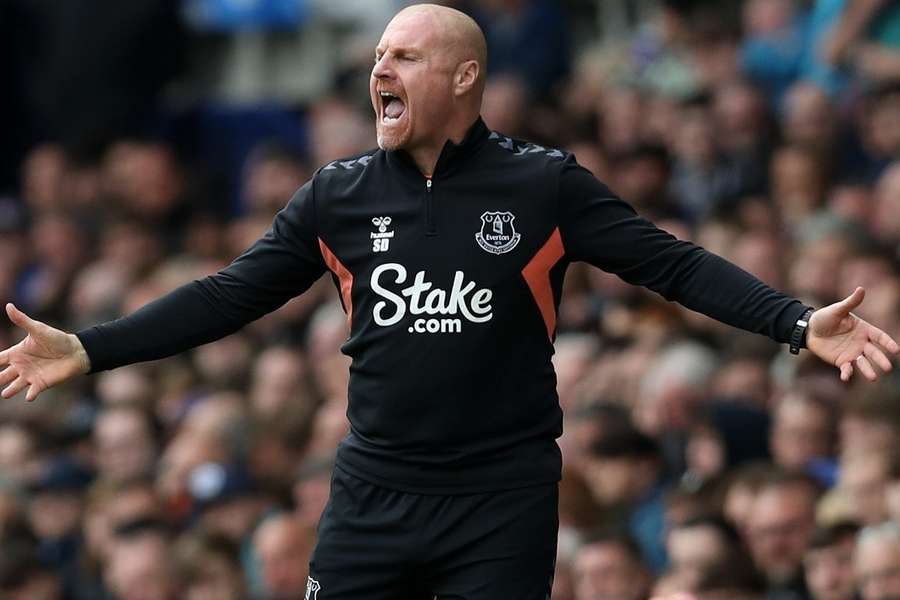
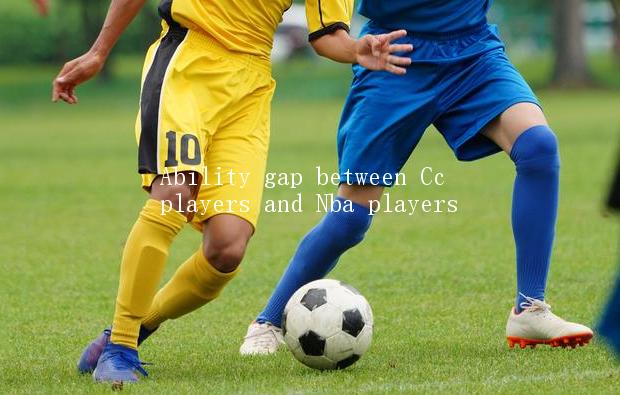

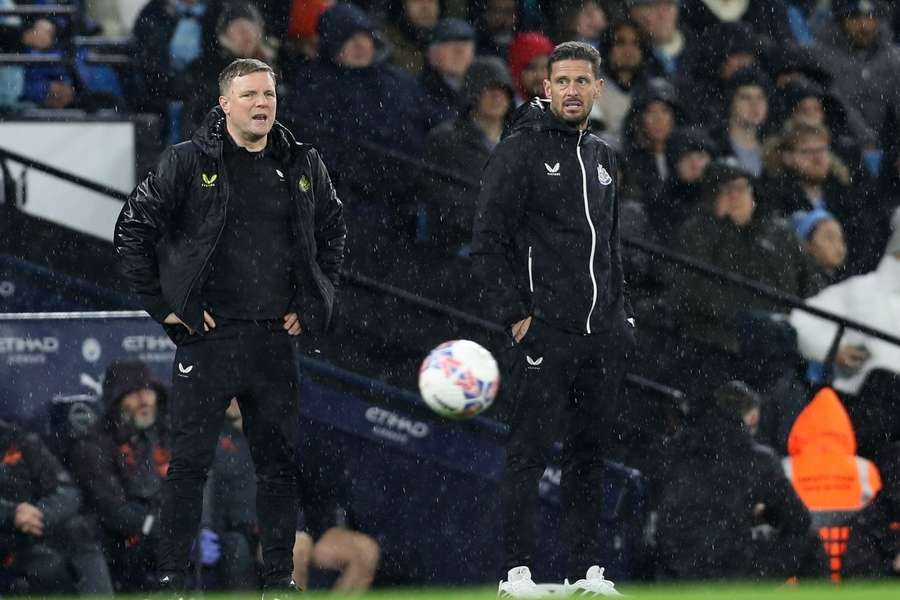

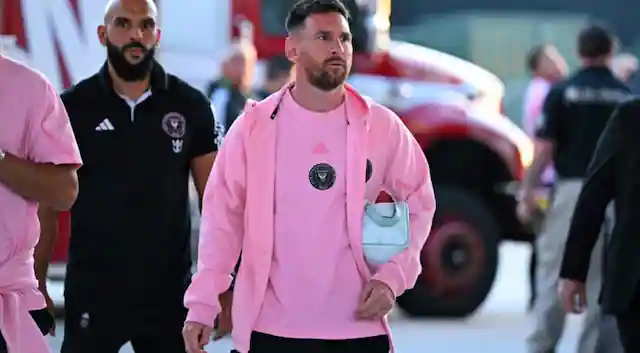
LATEST NEWS

